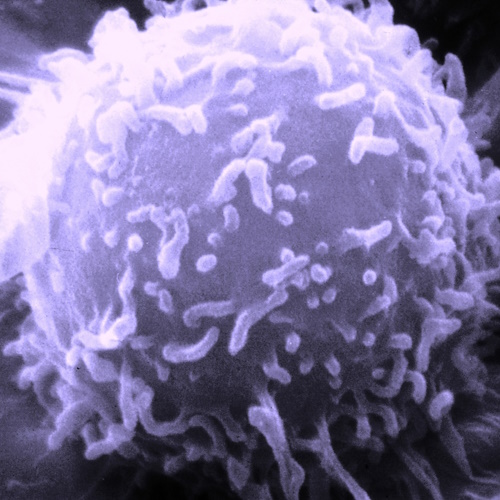Key points from article :
A genetic disposition play a key role in the human immune system.
The gene with the cryptic abbreviation CRELD1 has so far been a mystery to science.
Researchers used transcriptome analyses to determine which genes are active to what extent.
"Provided information on the activity of the CRELD1 gene, of a total of 4,500 test subjects," - Anna Aschenbrenner, lead researcher.
Some in whom the CRELD1 gene was significantly less active for some reason.
Blood of these donors was found to contain only very few of the T cells.
Genetic loss of the Creld1 gene was indeed the cause for the loss of T cells.
"We see similar changes in people with an 'aged' immune system," - Aschenbrenner.
CRELD1 will be a key to better understand the causes of immunological aging.
"This could perhaps significantly reduce the risk of illness in seniors." - Aschenbrenner.
Research by University of Bonn published in Nature Immunology.





